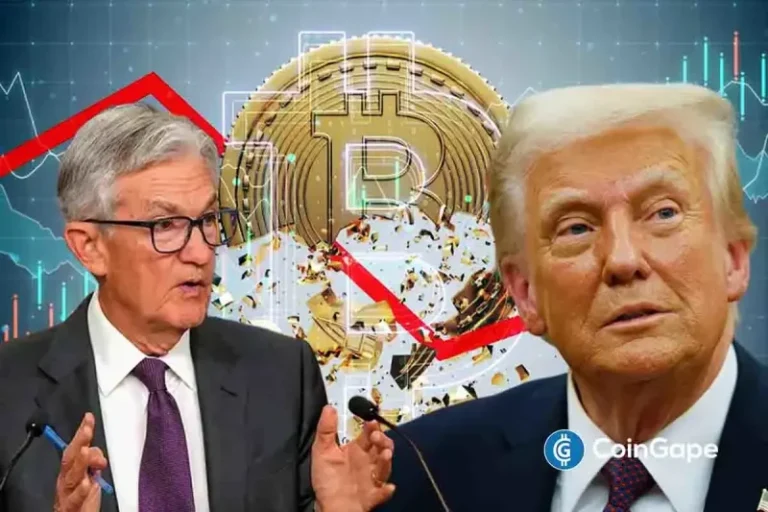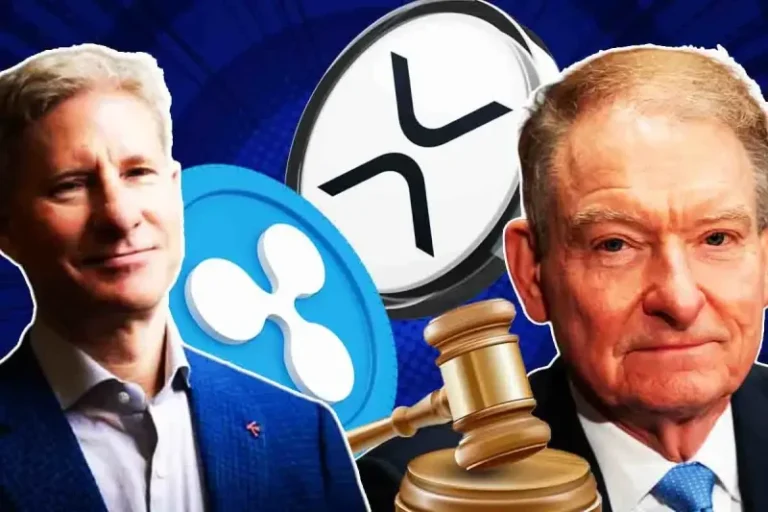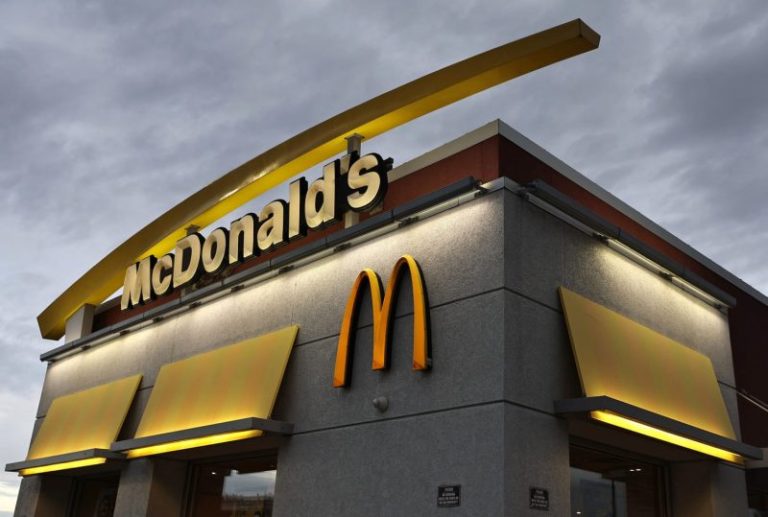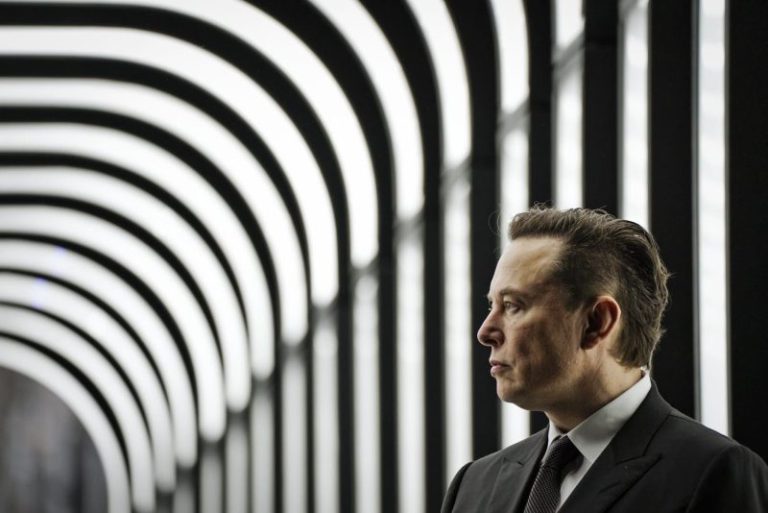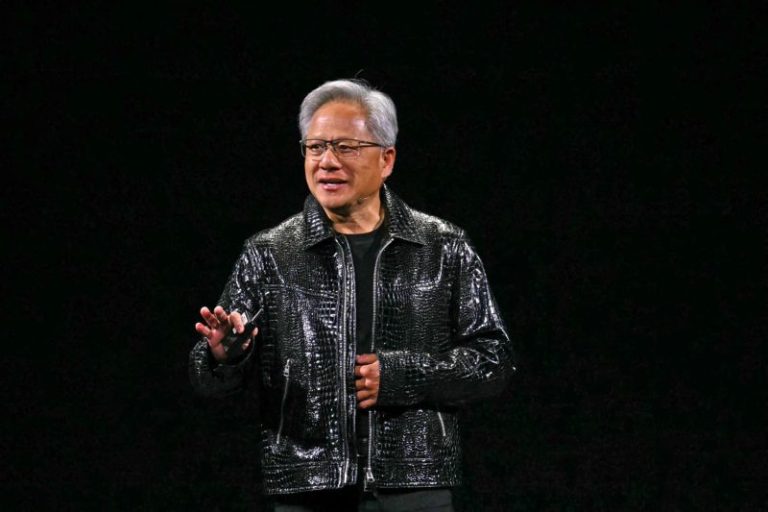Tech is saving Hollywood — though not in the way you might think.
Back in 2022, e-commerce giant and relative upstart movie studio Amazon promised to spend around $1 billion each year on theatrical releases, a figure that would fund between 12 and 15 films annually. Today, it appears ready to deliver.
Earlier this month, the company, which operates the streaming platform Prime Video and recently acquired MGM studios, took the stage at CinemaCon in Las Vegas to tout its line-up of movies made just for the big screen.
Amazon’s inaugural presentation at the annual convention of Cinema United — previously known as the National Association of Theatre Owners — wowed exhibitors, marketers and media in attendance with flashy trailers and first-look footage from upcoming films like “Project Hail Mary,” “After the Hunt” and “Verity.”
It also brought some star power with the likes of Ryan Gosling, Andrew Garfield, Julia Roberts, Chris Pratt, Chris Hemsworth, Hugh Jackman and Michael B. Jordan set to headline these cinematic releases.
“I thought the presentation was incredible,” said Brock Bagby, president and chief content, programming and development officer at B&B Theatres. “For their first year out, they pulled out all the stops.”
While the studio won’t have a full slate of more than a dozen films until 2026, it has steadily invested in theatrical content over the last few years. Amazon had one wide release, a film that played in more than 2,000 theaters, in 2023 and five in 2024. This year Amazon has only four wide releases on the calendar so far, but the company is slated to have 14 in 2026 and 16 in 2027.
This surge of theatrical content is just what the domestic box office needs. While blockbuster franchise films have been abundant in the wake of the pandemic, the overall number of wide releases has shrunk over the last decade. Even before Covid and dual Hollywood labor strikes slowed production down, Hollywood was making fewer and fewer movies each year, according to data from Comscore.
Mid-budget movies — often in the drama, comedy and romantic comedy genres — began disappearing in the mid-2010s as studios sought to invest in bigger budget franchise flicks that could result in higher profits. The comparatively lower-budget films have since been predominantly redirected to streaming platforms in an effort to stock these services with more affordable content.
Analysts project that the domestic box office has lost around $1 billion each year in total ticket sales as a result of that shift.
At the same time that studios were altering their film slates, movie houses were merging. The most recent union between the Walt Disney Company and 20th Century Fox, first announced in 2017 and finalized in early 2019, resulted in the loss of between 10 and 15 film releases annually, according to data from Comscore.
In 2015, 20th Century Fox released 17 films. After its acquisition, the pandemic and the strikes, it has released fewer than a half dozen titles each year.
“With consolidation in the past of some of the studios, the output numbers have decreased over the past few years, and with fewer releases there is less potential for box office and concession sales,” said Paul Dergarabedian, senior media analyst at Comscore. “More importantly movie theaters need new films to draw customers into their auditoriums.”
Amazon’s commitment to theatrical, alongside the emergence of smaller studios like Neon and A24, should help to close the gap left by 20th Century Fox’s acquisition.
“They’ve filled the gap that we’re missing from Fox, which is so exciting, and it looks like a similar slate to Fox, where there’s a few big titles, but a lot of that mid-range,” Bagby said.
What industry experts have discovered is that the strength of the box office doesn’t just rely on the success of franchise films — superhero flicks, big-budget action fare and the like — but also on the sheer volume and diversity of content.
There is a direct correlation between the number of theatrical releases and the strength of the overall box office. During the pandemic, the decline in box office ticket sales largely tracked nearly in lock step with the percentage decline in film releases.
“The number of movies being released continues to trend in the right direction,” said Michael O’Leary, CEO of Cinema United. “When considering wide releases at 2,000 or more locations, we saw 94 last year, but we expect at least 110 in 2025. Beyond that, distributors have secured release dates as far out as 2028 for movies with plenty of commercial potential.”
This post appeared first on NBC NEWS

